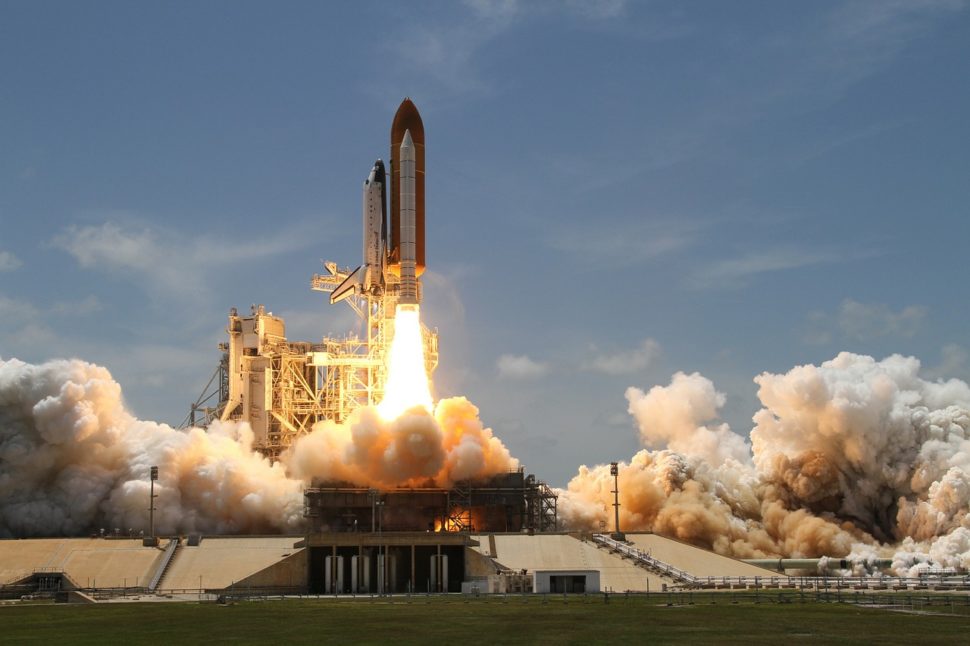President Donald Trump is struggling to keep his border wall promise, but he has other campaign promises to deliver on, and he has made many, to help him make up for it.
During his presidential campaign, Trump said he preferred spending money on fixing “potholes” than on the Mars program. He also promised to boost the private space sector.
Last month, Vice President Mike Pence reiterated the current administration’s commitment to future space missions.
Pence said that “the first woman and the next man on the moon will both be American astronauts” — although NASA, which canceled the first ever all-female spacewalk, lacks spacesuits in the right size for women astronauts.
The U.S. government’s plans to return to the moon, about five decades after the last lunar mission, could prove to be very lucrative for private companies.
SpaceX and Co., Big Winners of the Space Race 2.0
President Trump seems to have forgotten his original thoughts on space exploration priority according to which Americans would like to see their tax dollars spent on improved infrastructure than on a rocket firing up towards Mars.
Proposing an unlimited budget to NASA to expedite its Mars program is likely to be driven by the more down-to-earth ambition of seeking a second term.
Prioritizing the Moon over Mars or vice versa isn’t a big deal from a purely economic point of view, at least to private companies active in the space business.
The U.S. space exploration program will certainly fuel the Space Race 2.0, which would benefit the space industry at large, but since private companies are taking on a bigger role, they’re expected to benefit the most business-wise.
SpaceX’ thriving rocket launch business is a prime example, but other companies would develop a business around other activities like satellite internet, space manufacturing, and space tourism.
Read More: Space Tourism to Become a Multi-Billion Dollar Industry by 2030
UBS, the biggest private bank in the world, expects the space industry to triple in worth and reach nearly $1 trillion a year up from $340bn today.
Merrill Lynch, an analyst at Bank of America, cites the American commitment in space as the main driver that’ll push the space business to soar to $2.7 trillion by 2045.
The best way for investors wanting to make a buck in the booming space race 2.0, according to UBS, is to invest in publicly traded companies that do business in aerospace, satellite, and communications.
UBS also noted that:
“We also expect to see a rise in internet providers and communications companies investing in space, given the huge growth of this market. We think there is an ample spectrum of companies across new sectors that will benefit from space in the coming years, some by raising existing investments and others by investing for the first time,”



















Comments (0)
Most Recent